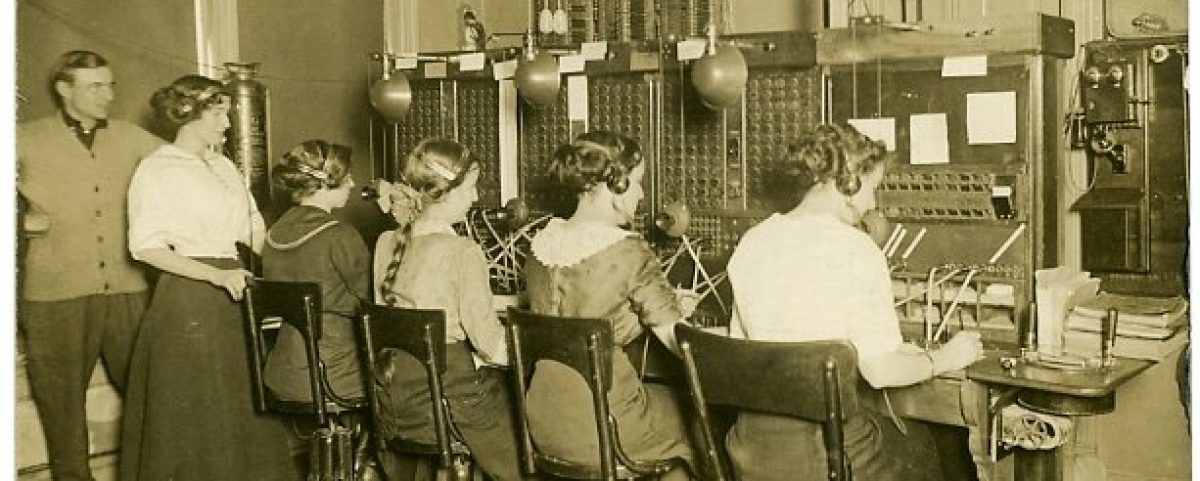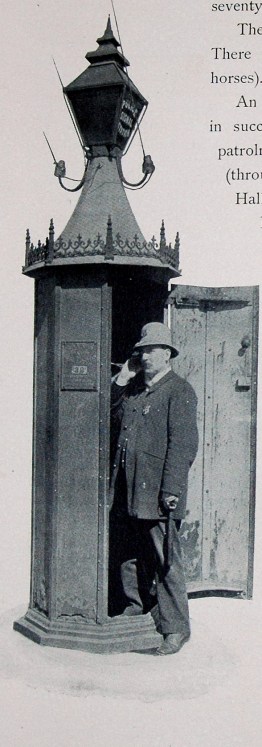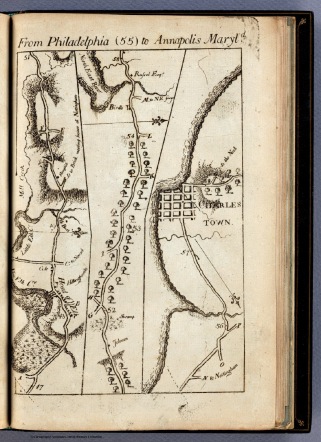If you are researching local or family history on the Delmarva Peninsula, there are many fine libraries from Wilmington down to Cape Charles that can help. Some are large, university affiliated repositories, while others are non-profit, stand-alone institutions located in some of the region’s small towns. Traveling from one end of Delmarva to the other, I often find evidentiary traces to the past in these places so I will highlight a few of the smaller collections that can help you puzzle together narratives from the past.
The railroad town of Delmar, at the southern tip of Delaware, has one of these great assets. The community, promoting itself as the “little town that is too big for one state,” is located in two states, the boundary line going right down the center of the business district. It has always had a strong historical connection to the locomotive as the settlement got its start when the Delaware Railroad reached here in 1859.
In the center of the divided town on Bi-State Blvd, there is the Delmar Public Library, a welcoming place with a patron-oriented staff and excellent resources. Its large collection of books and serials, should make any bookworm happy, but there is much more. There are clusters of computers, free wi-fi, just about all the services one expects to find in a solid institution. They also have active children and teen programs and all of this seems to make it a strong community center that engages residents.
But in addition to these resources, the library also has a valuable special collection of unique railroad materials. There are dozens of rare, one-of-a-kind, photographs; notebooks of newspaper clippings compiled over generations; various pieces of ephemera, such as railroad tickets and shipping documents; and other unique items of historical interest.
I was delighted to find some photos that I hadn’t seen as they were relevant to an investigation I was working on. Just when you think a piece of evidence linking something to the past has been lost to time, there it is in some special collection and that was my experience at the Delmar Public Library.
Be sure to check out this unique special collection if you’re doing some digging into the past around these parts, especially if it relates to the railroad. You will find an excellent small town library that engages its patrons, takes care of reader needs, has unique special collections, and is a community gathering place.





